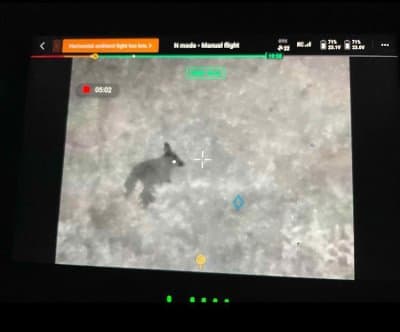Megabus UK's Lost Property: Frozen Turkeys and Hay Bales

Beyond the usual umbrellas and phones, Megabus UK has found items like a Winnie the Pooh toy paired with a jar of honey, and a single shoe alongside historic coins. Such discoveries prompt curiosity about "the strangest things found on buses".
Megabus UK's lost and found reveals passengers left behind hay bales, frozen turkeys, and false teeth. Ever wondered, "What are the weirdest things left on buses?"






